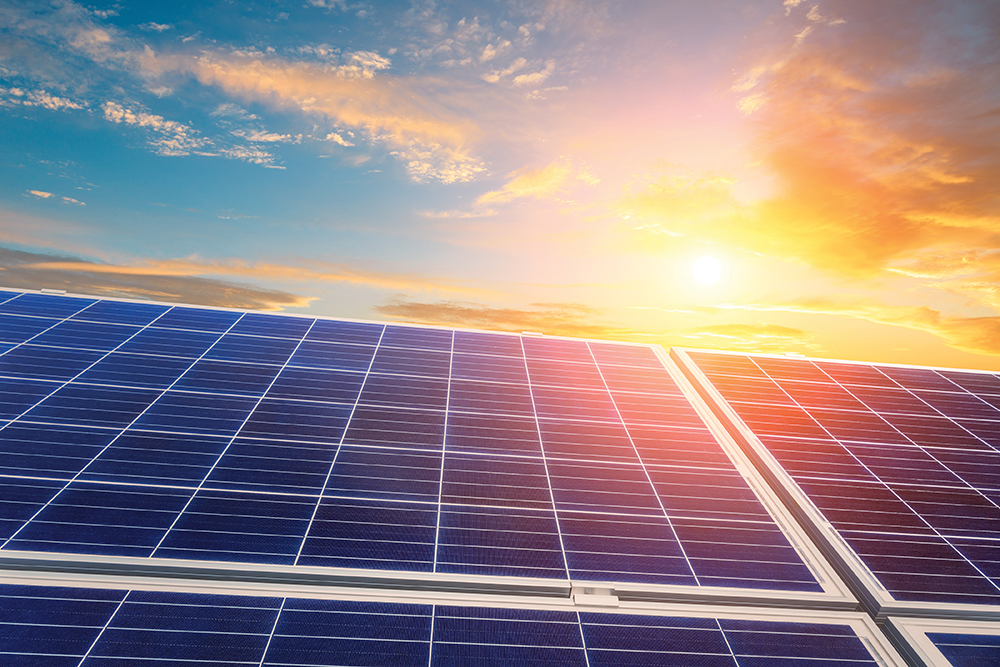Regional Off-Grid Electricity Access Project (ROGEP) is set to receive US$ 22.5M in the form of grants from the International Development Association (IDA), a member of the World Bank Group, and the Clean Technology Fund (CTF), one of the two multi-donor trust funds within the wider Climate Investment Funds (CIFs).
The funds, which complement the US$ 150m of IDA and US$ 67.2m of CTF approved by the World Bank’s Board of Executive Directors in April 2019, will support the development of the market for stand-alone solar products in Western and Central Africa, including a dedicated effort for the Sahel countries.
Also Read: Nigeria: Solar hybrid mini-grid project commissioned in Edo State
50 percent of the population in the above-mentioned regions does not have access to electricity, and less than 3 percent of the population uses such innovative technologies (stand-alone solar products).
Expectations for the project
It is anticipated that the project will contribute to human capital development by electrifying public health centers and schools, which are needed to improve health and education outcomes.
It will also support job creation, for instance in the farming communities which can use solar water pumps for irrigation, solar milling equipment for product transformation, and solar refrigerators to bring products to market.
Furthermore, the project will support small and innovative business enterprises through solar home systems and will make an impact on economic recovery following the COVID-19 pandemic.
The Project’s geographic scope covers 19 countries in the Western and Central Africa regions, 15 of which are members of the Economic Community of West African States (ECOWAS) i.e (Benin, Burkina Faso, Cabo Verde, Côte d’Ivoire, Gambia, Ghana, Guinea, Guinea-Bissau, Liberia, Mali, Niger, Nigeria, Senegal, Sierra Leone, and Togo), as well as Cameroon, the Central African Republic, Chad, and Mauritania.

Leave a Reply